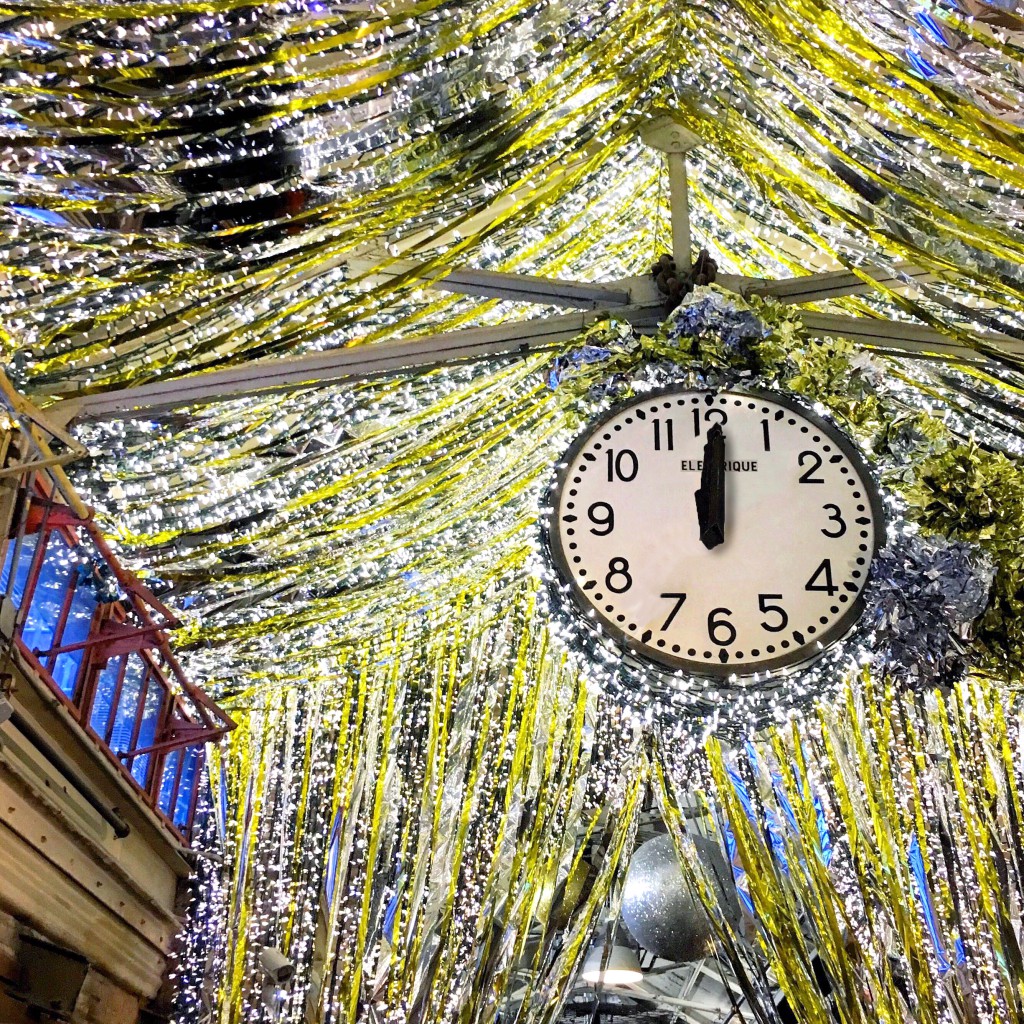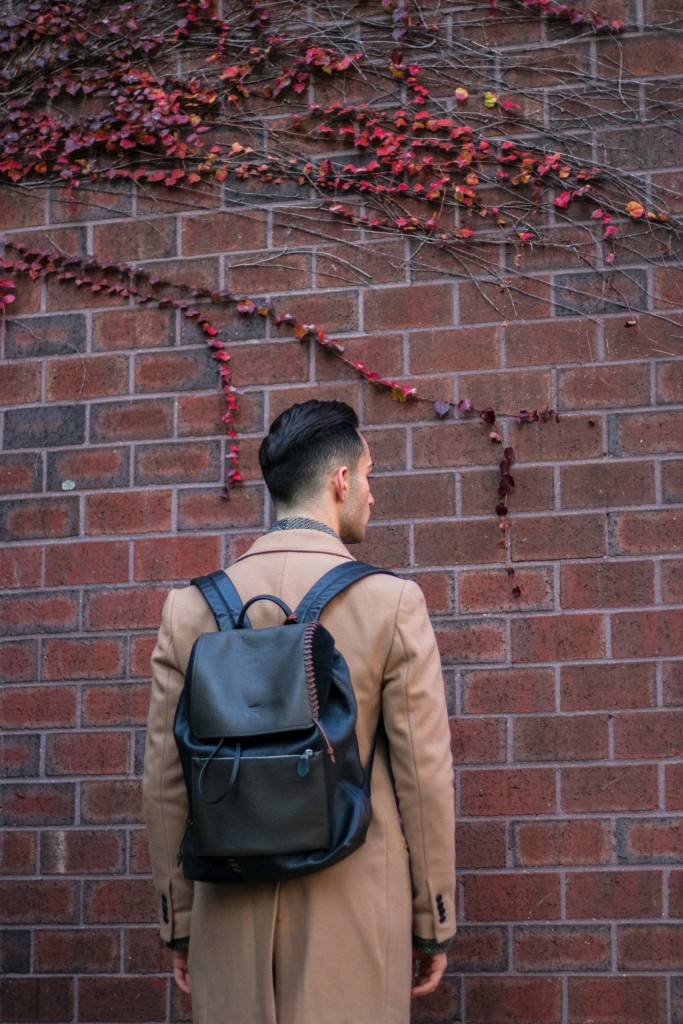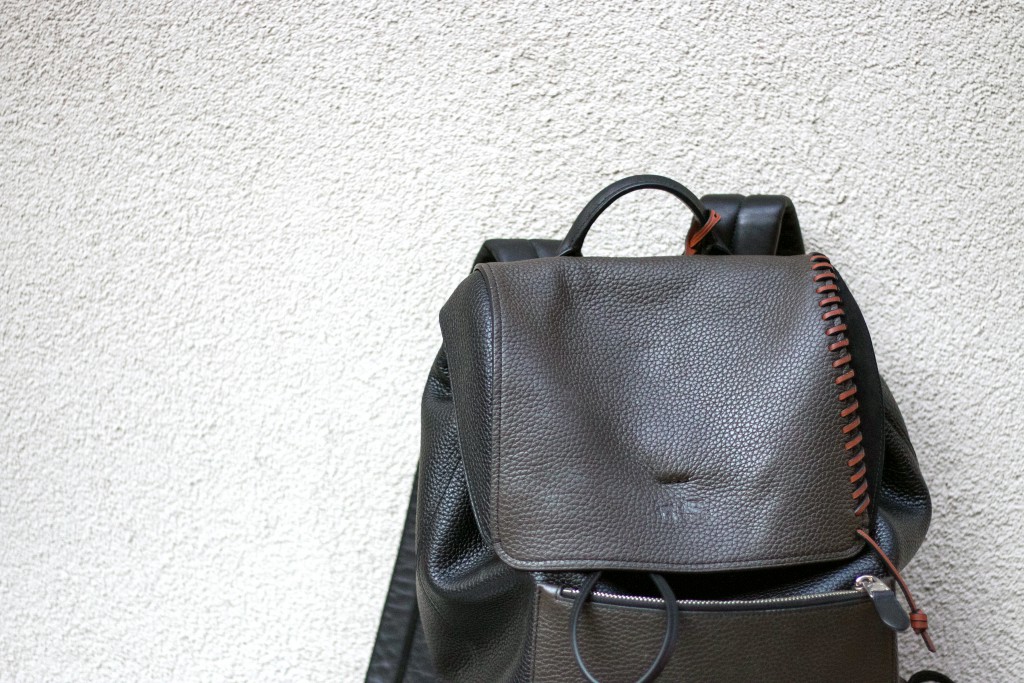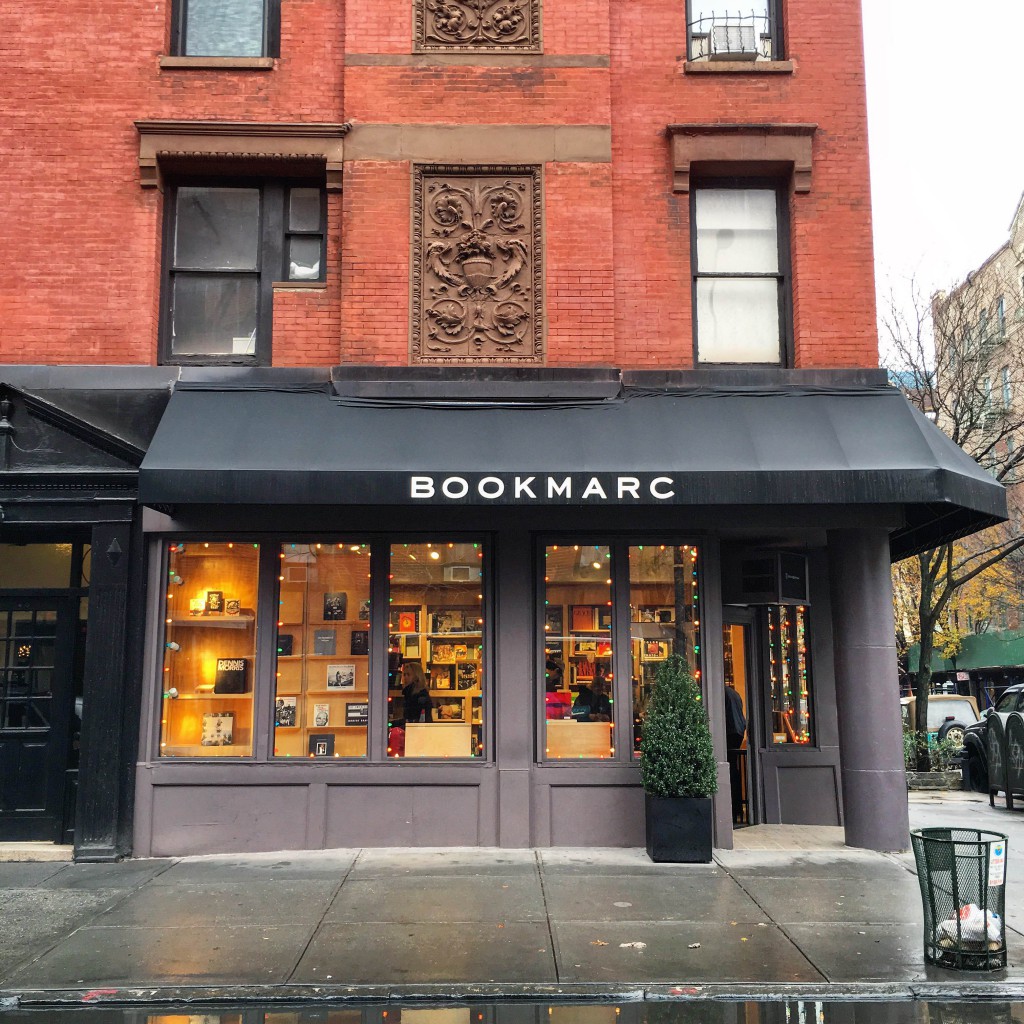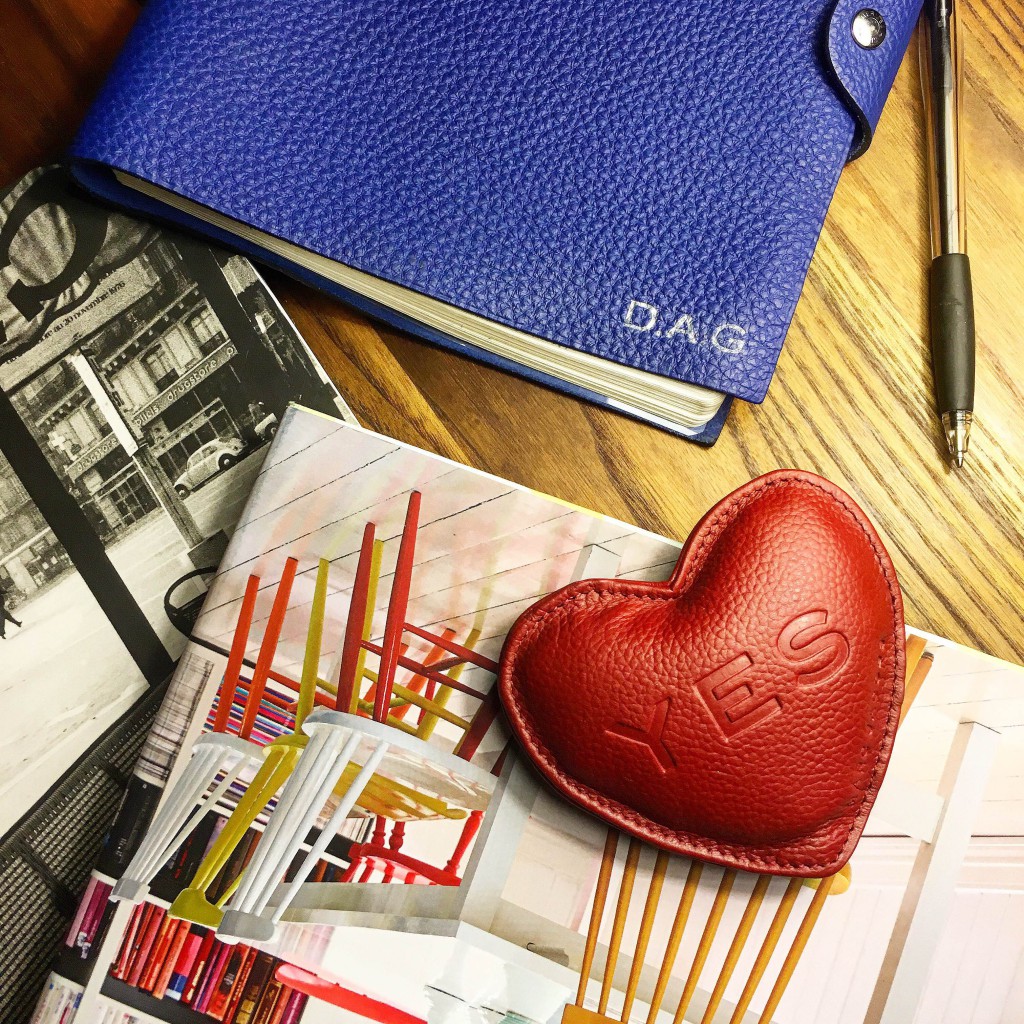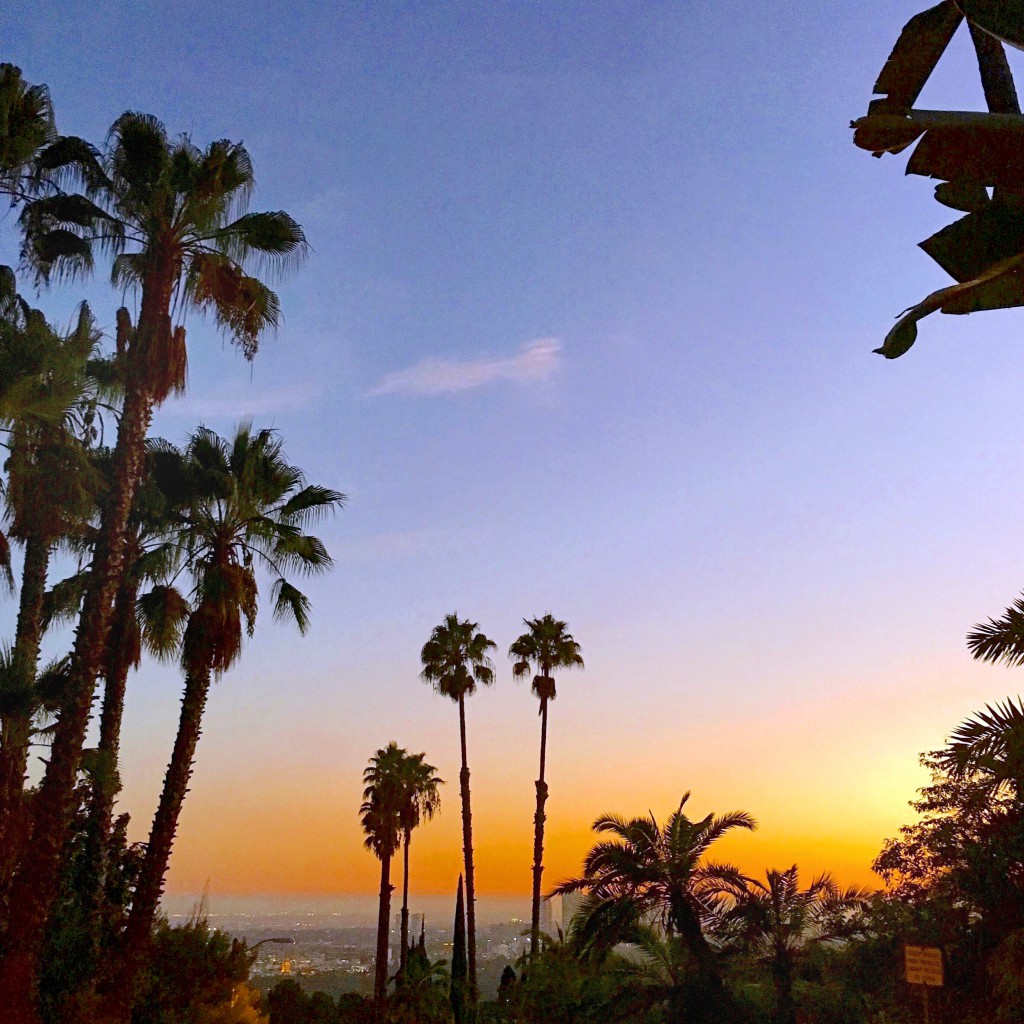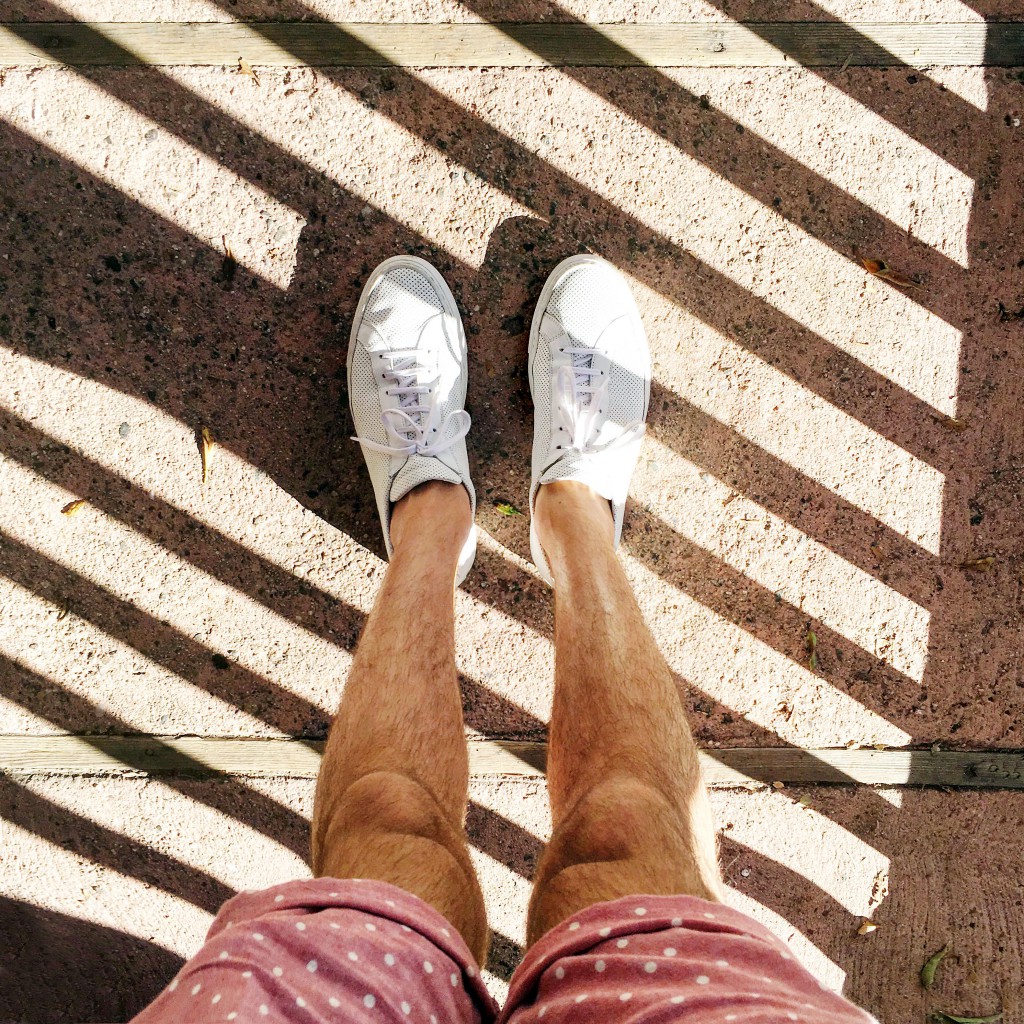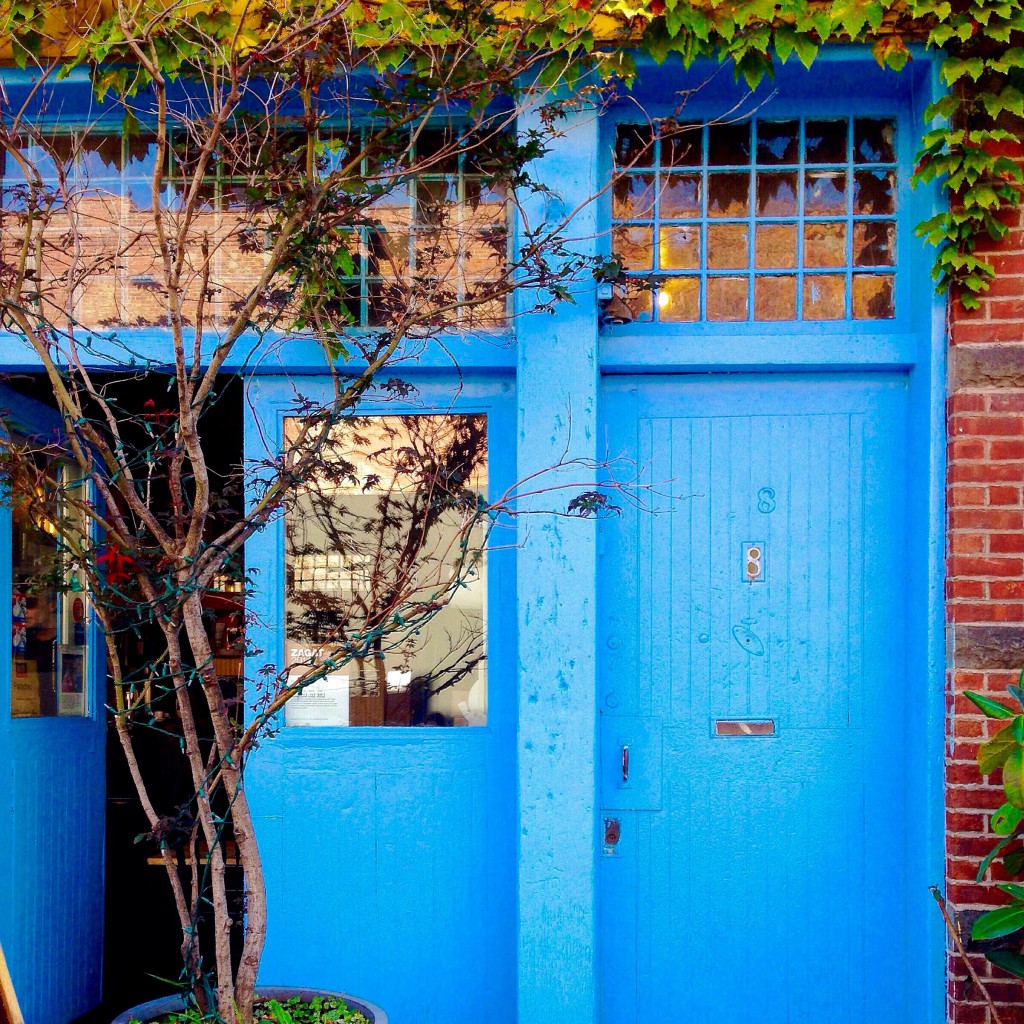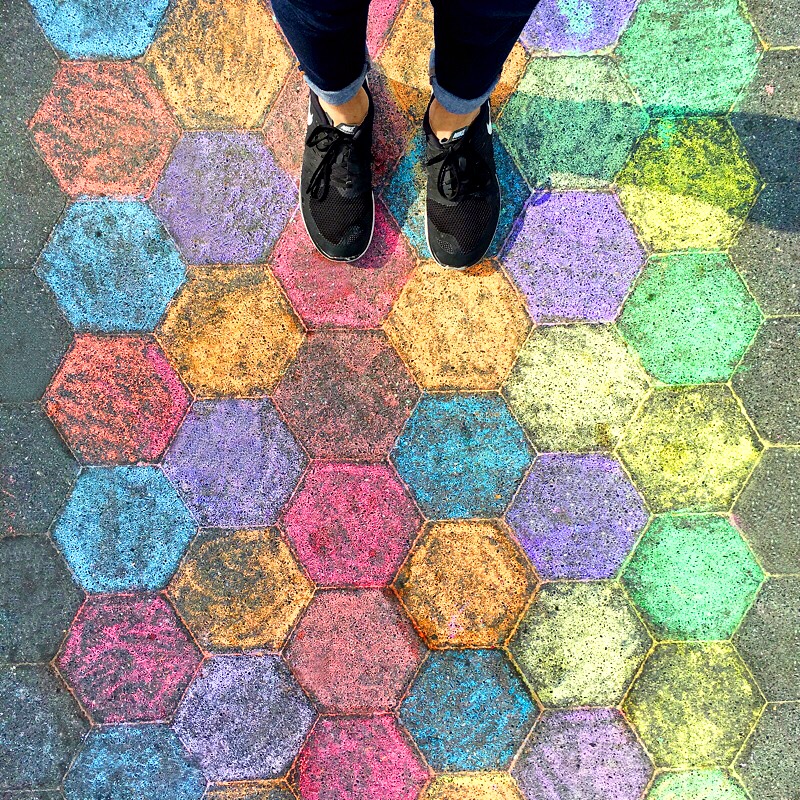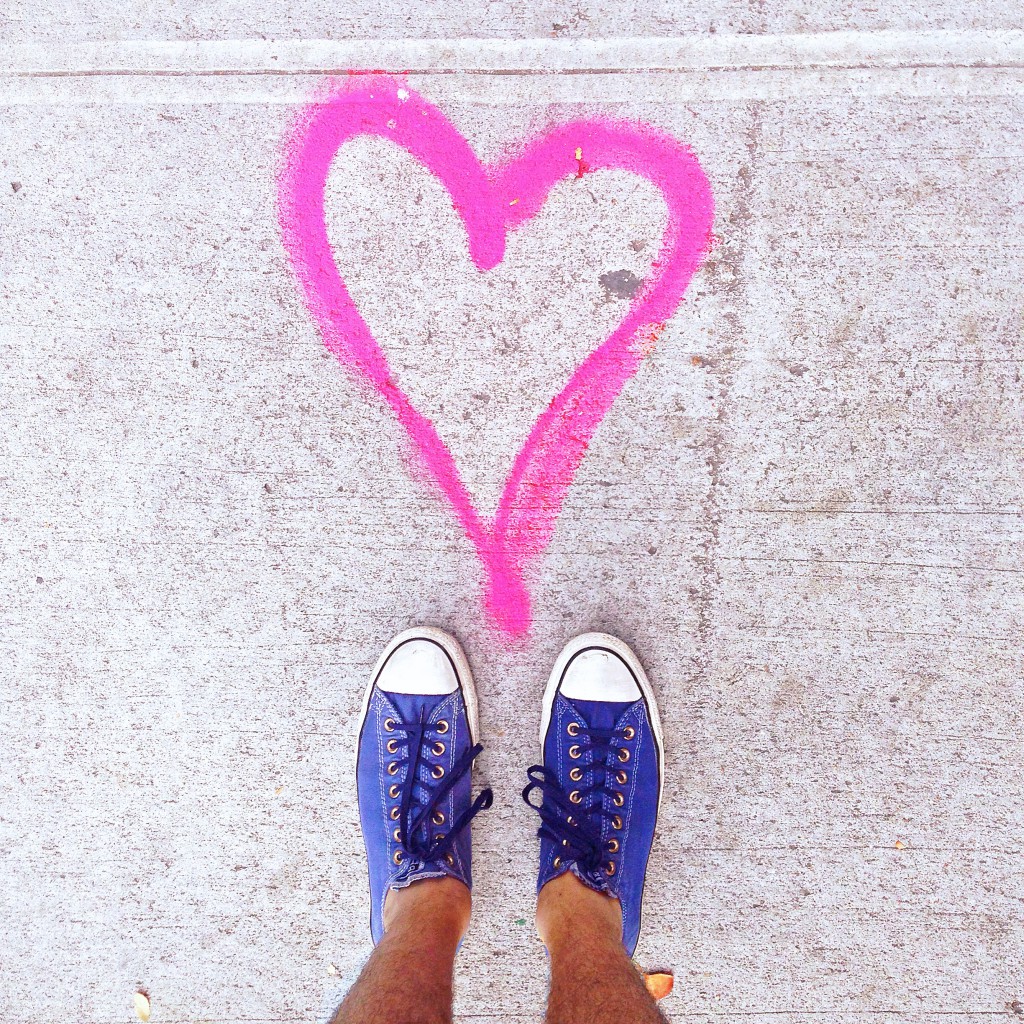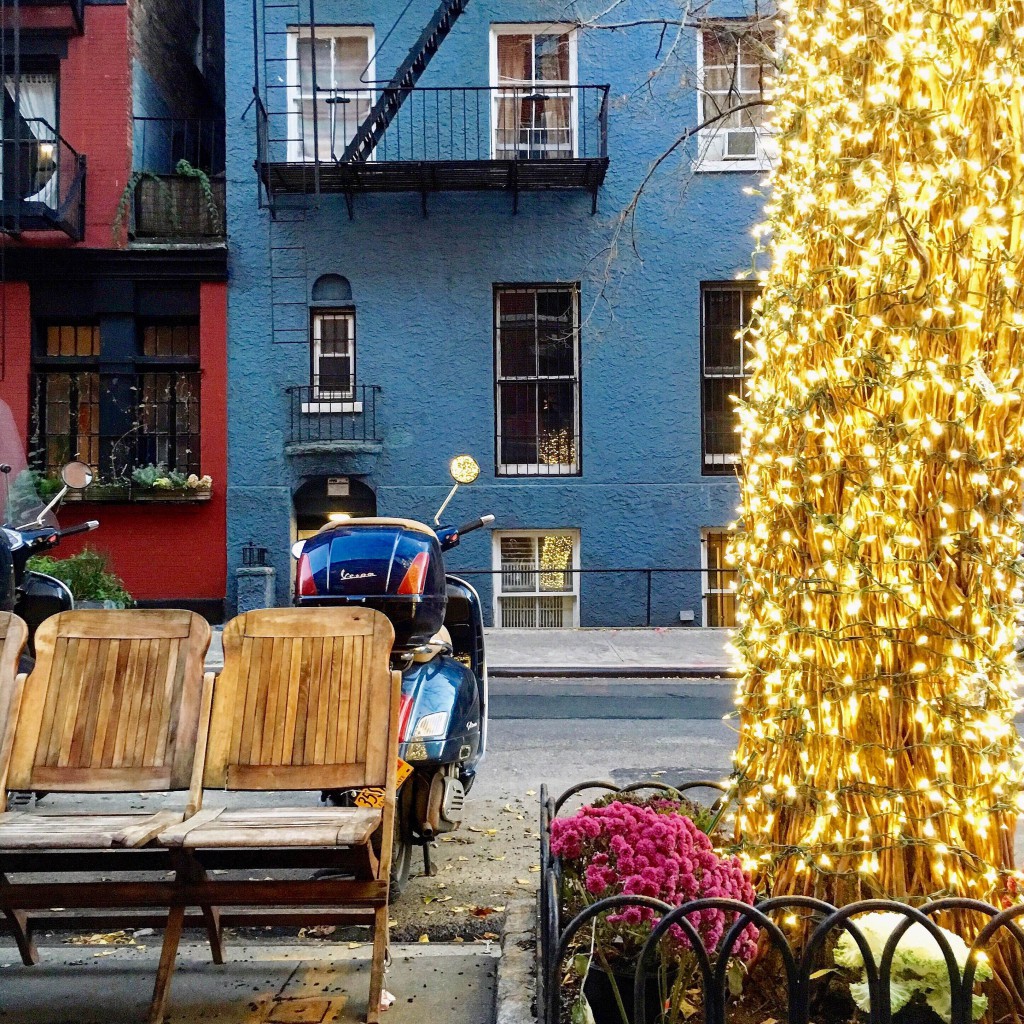
I have no claim to the city of Paris, other than my profound love for it. After my four months studying abroad there last year, my meager knowledge of the French language and customs was not the core take-away of my experience. The romance that always lit up the city resonated with me the most; and while I still can’t understand French, the Parisians’ undying faith in the power of love and light spoke volumes to me.
Sadly, the City of Love – and light, and faith – as I have come to know it, was met with hatred this past weekend. Acts of terror and cruelty engulfed the city and strived to dim the unconditional light that is so characteristic of the Parisians and their culture. While some time has passed since the event occurred, the news still seems fresh and keeps echoing in my mind.
Last night, I met my friend Julie at Aria Wine Bar in the West Village for an early Sunday night dinner. She was running late because of traffic. Waiting outside for Julie to arrive so we could be seated, I sat on the wooden bench on the sidewalk with my back to the restaurant, facing a row of lit up trees, with strings of tiny light bulbs woven around their trunks and branches.
I was hunching forward as I sat there, holding my phone and scrolling through Facebook. My normally eclectic, whitewashed Timeline glared the colors of the French flag. As I continued to scroll, my feed was overtaken by a collective sea of red, white, and blue.
Almost all of my friends filtered their profile pictures identically with the colors of the flag to show their support for Paris, along with numerous posts of peace signs and blocks of black and white text that read “#PrayForParis.” Regardless of their locations, backgrounds, or beliefs, my friends on Facebook set aside their differences and united to show their respect for this unexpected tragedy that has shaken the globe.
As I continued to scroll through Facebook, liking each post and update, I felt the woman sitting next to me on the bench watching my hands. I initially thought she was bored waiting for her table at the restaurant and decided to entertain herself by looking at my phone. But then I saw her growing closer and closer. I’m not sure if it was the stillness of her body or her focus on my hands, but I inexplicably sensed an unusual heaviness in this woman’s presence. I stopped scrolling, glanced beside me over my shoulder at her, and casually smiled, just to see who she was and what about my phone seemed to interest her. She was older than me, seemingly in her early 60’s. She was wearing dark blue jeans, a grey coat, a long necklace with a silver cross on it, and a black chiffon scarf tied elegantly around her neck.
The red, white, and blue glare from my screen faintly lit her face, illuminating the tears that were collecting at the edges of her eyes, waiting to fall. My smile wilted, and I froze. When I made eye contact with her, I seemed to catch her off guard. I didn’t mean to alarm her, but it seemed as though I did, interrupting her meditative silence and reflection. When she saw that I noticed her watching closely, she uttered a heartfelt, “pardon me, sir. Excuse me, I didn’t mean to stare.” “No worries,” I kindly reassured her, and kept scrolling through Facebook. A moment later, she got slightly closer: “Merci. I mean, thank you,” she muttered helplessly, acknowledging the supportive posts on my phone, in a faint French accent. When I heard her speak French, my heart stopped.
I looked at her curiously, and I could tell she noticed my surprise at her utterance. In this momentary silence, the tears that were bundling at her eyes slowly streamed down her cheeks, rosy from the chill of the night.
I remember her words vividly: “I’m sorry to disturb you. I am from Paris. I arrived to New York last week with my family for my niece’s wedding. It is so wonderful seeing so much support for what has happened. Please don’t mind me, my apologies.”
Before she continued her words, she had to stop to catch her tears. I let her be for a moment, and tried to console her just by sitting there silently with her: “We are stunned,” she said. “I don’t understand shootings like this. Paris is the most beautiful city in the world. Why attack it?”
I nodded in agreement.
“What does that say? On your screen?” she asked.
It says, “Pray for Paris,” I answered.
She smiled, shaking her head from side to side.
“That is beautiful. But we must pray for the world, not just Paris,” she said.
Again, I nodded in agreement.
We began to chat. I asked her if her niece’s wedding was called off, how her family has been coping with the incident, and if all of their loved ones are safe. She answered with reassurance that everyone she knows is well and alive, but that her heart goes out to the victims and their families that weren’t as fortunate.
She expressed that the wedding happened before the shootings, just the night before the news broke loose. She then continued to explain that even if the wedding were scheduled to take place after the shootings happened, if it were up to her, she wouldn’t have cancelled. She would have still held the wedding, even in sight of the horror that occurred: “Paris celebrates love,” she said. “We can’t let go of that, even in the face of terrorists,” she said.
As she proclaimed, while we must pray for the clashing of cultures that surrounds us, we must also stand our ground and defend our beliefs. Her resilience stunned me. For a mere five minutes, we shared stories of her life in Paris and my brief experience studying abroad. We discussed the city’s sights, landmarks, attractions, and the undeniable romance that lies at its core. The host came out from the restaurant and gestured to the lady and her husband, who was waiting across the street, smoking a cigarette, that their table was ready.
“Vive la France. Vive l’amour,” she whispered to me, with a poignant smile, as she got up to walk away into the restaurant.
(“Long live France. Long live love.”)
When she got up and left, my despair was met with an overwhelming sense of gratitude to have met her, and to be alive. I suddenly felt as if the glare on my phone acted as a light that represented support and resilience – as if the lit-up trees on Perry Street were paying homage to the Champs-Elysées and, of course, la Tour Eiffel, Paris’ luminous beacon of pride and hope.
She affirmed that when we “Pray for Paris,” we are also praying in the name of love and light. We are praying for the world – as what happened in Paris represents a microcosm of the tragedies that happen all around the globe.
Although I wish it didn’t take a massacre to bring this truth to light, it seems that the ideals of love, support, unity, and respect for one another transcend any language barrier or cultural division, acting as an equalizing force amongst us all. Because there we were: a French Christian woman sitting with a Persian Jewish man, both seeing eye to eye, conversing in agreement about the influence of universal understanding and compassion.
And as the lady sitting there reminded me, Paris is the City of Love, not hate – a place as romantic as it is resilient. And if this proves to be the case, perhaps the simple power of love is stronger than we thought.
“Vive l’amour,” indeed.
Aria Wine Bar: 117 Perry St, New York, NY 10014
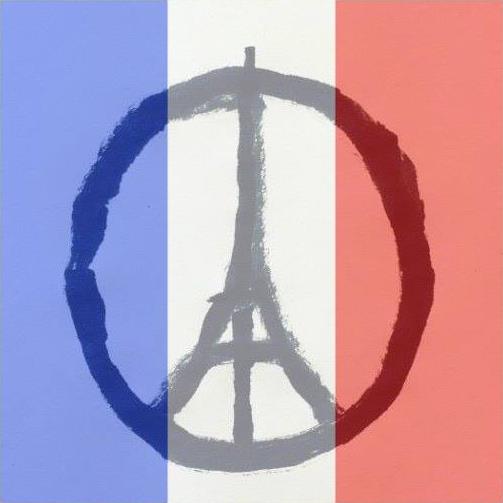
 As I reflect on my past at NYU, freshman Daniel is no longer familiar to me; I am not the same person that I was during my previous visits home for winter break, as I’ve reached a new place in my life. I am finally a senior now, with much more understanding, curiosity, and perspective than I had when I began my undergraduate career. Soon enough, I will cross the threshold into a realm that lies beyond NYU’s borders and past LA’s familiar streets. Like the reflection of the sky and the trees, I feel as though I’ve transformed in some shape or form and have adapted to the ever-changing contexts of my life – a reality that I am sure we can all distinctly relate to.
As I reflect on my past at NYU, freshman Daniel is no longer familiar to me; I am not the same person that I was during my previous visits home for winter break, as I’ve reached a new place in my life. I am finally a senior now, with much more understanding, curiosity, and perspective than I had when I began my undergraduate career. Soon enough, I will cross the threshold into a realm that lies beyond NYU’s borders and past LA’s familiar streets. Like the reflection of the sky and the trees, I feel as though I’ve transformed in some shape or form and have adapted to the ever-changing contexts of my life – a reality that I am sure we can all distinctly relate to.

